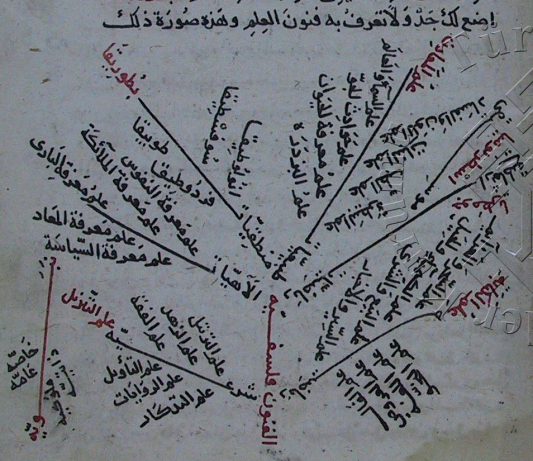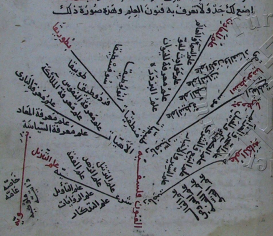Pre-modern materia medica and pharmacological practices have been shaped through interaction not only with medical theory and practice, but also with cultural factors and material realities. Focusing on the early modern Ottoman world, this project explores conceptions of nature and the natural world (ṭabīʿiyāt) and its exploitation for medical purposes by looking at the intersection of pharmacology with textual knowledge, cultural factors informing healing regimes, and the procurement of medicinals through trade and state supply systems. Central questions of this project revolve around the role of the royal patrons in the shaping of textual knowledge, as well as that of emerging imperial policies vis-à-vis pharmacological practice and the procurement of medicinal materials. How did patronage facilitate the circulation of textual knowledge? How did medical knowledge and that of the natural world become codified in the manuscript culture of the early modern Ottoman world? How did medicinal substances circulate in the Ottoman world? How did local materials, knowledge and practice become integrated into imperial networks of exchange? This study draws upon a vast corpus of materia medica encyclopaedias, herbals, pharmacopoeias and formularies, medical handbooks, regimen guides, medical recipes, and state archival documents as well as scholastic and natural philosophical treatises.

The Branch of Natural Sciences (ṭabīʿiyāt) on the Tree of the Philosophical Sciences, ʿAbd al-Raḥmān al-Biṣṭāmī’s Niẓām al-sulūk fī musāmarat al-mulūk, Istanbul Süleymaniye Library, Ms. Halet Efendi 311, fol. 52a. (Thanks to Faruk Akyıldız for bringing this image to my attention).

